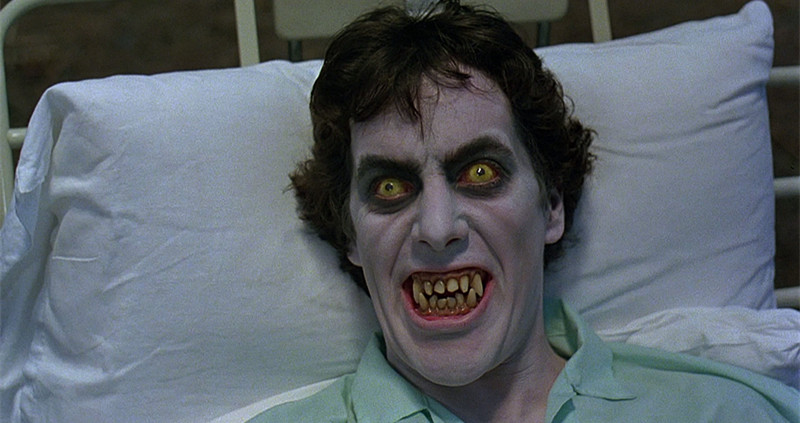
What better way to elicit dread than the subversion of the human anatomy? Since Franz Kafka’s acclaimed novella in 1915, The Metamorphosis has always been the grounds for interesting narrative material. As a concept, it works on various levels, from exercises in mind-boggling body horror to allegory for depression and grief. It speaks profoundly to the human condition and the fact that as much as we might not care to admit it, we’re all slowly degrading piece by piece, bound by our unwavering mortal coils. In this list, we’ll take a look at some of the greatest films to feature this process of degradation and the many ways in which they utilize Kafka’s classic story.
1. The Curse of the Werewolf (1961)
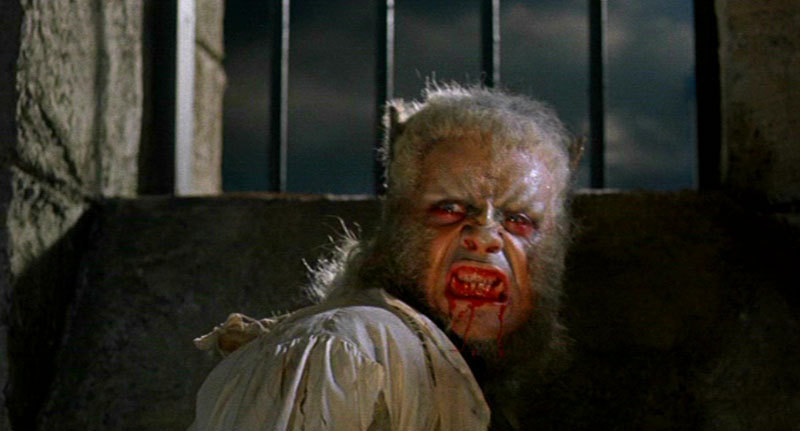
Often referenced as one of the weaker Hammer films, The Curse of the Werewolf might just be the most overlooked of the British production house’s canon. Where some are incensed by the lack of Hammer regulars Peter Cushing and Christopher Lee, others regard it as an element that only makes the film stand out all the more. Starring Oliver Reed as a mad-eyed Spaniard who exhausts all options in attempting to escape his curse, director Terence Fisher’s undervalued gem harnesses Reed’s performance in a way that is truly spine-tingling, the sprawling set-designs and grizzly practical effects only adding to Reed’s demented characterization.
Some of the criticism rallied against The Curse of the Werewolf is regarding the tones of appropriation, which comes through in the fact that it’s a primarily British cast attempting to recreate 18th century Spain. This does affect believability, and is surely the goofiest component, but if anything, it gives the production design more places to go. In actuality, many of the sets were intended for another film and were at risk of going to waste, and so the producers decided to feature them here. Despite these anachronistic shortcomings, the smoky atmosphere of this one is not to be underestimated.
2. The Nutty Professor (1963)
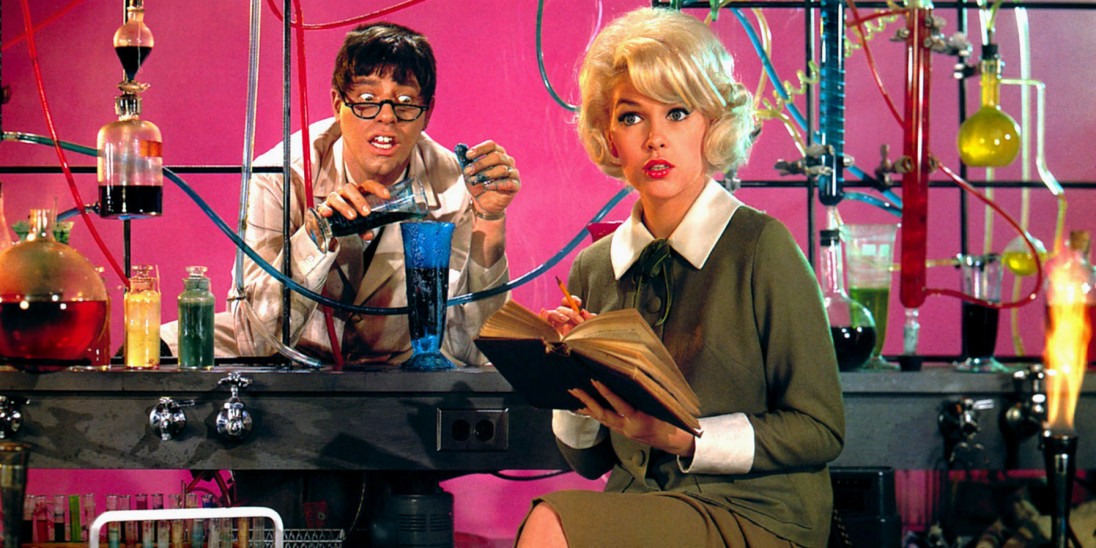
Whilst Eddie Murphy’s remake lived a larger life in the public consciousness, it’s Jerry Lewis’ original that remains the superior film. Written by, directed by, and starring Lewis himself, The Nutty Professor is one of the great ‘one-man-band’ movies, and an all-around romping exercise in farce. Lewis plays a gawky chemistry teacher who invents a potion that makes him irresistible to his students. As the film makes its way through rambunctious musical numbers and Buster Keaton-esque gags, Lewis’ potion suddenly starts to wear off, and he gradually transforms back into the unsightly man he once was.
The initial transformation scene is typically arresting in its approach, but it’s the moments in which Lewis experiences public humiliation through his regression that bring tones of Kafka’s original story. To top it off, frequent Hitchcock-collaborator Edith Head’s costume designs are to die for, and the Technicolor photography makes the visual style almost uncanny next to Hitch’s 50s entries. Instead of a fiery-eyed James Stewart, however, we get a bucktoothed schmuck playing pranks on the scenery. Yes, it’s a little long and generally too goofy for its own good, but Lewis’ film is guaranteed laughs, and not dated like other slapstick comedies of its era. Pure horror drifting into teenage hysteria.
3. The Skin I Live In (2011)
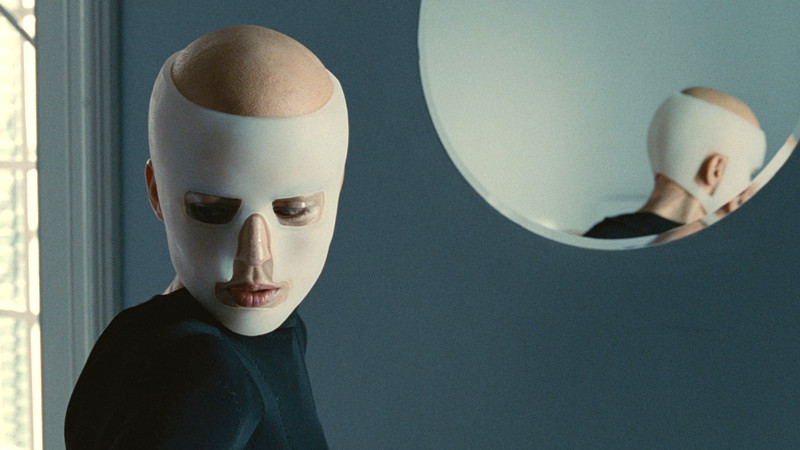
In this spiritual remake of Eyes Without a Face, Pedro Almodóvar plays with gender norms in a way that’s typical of the envelope-pushing Spanish filmmaker, teetering along the edge between character drama and psychological horror. Featuring Antonio Banderas as a renowned plastic surgeon who invents a synthetic skin that can withstand any form of cosmetic damage, The Skin I Live In is a devastating look at obsession, experimentation, and revenge by any means necessary. It’s the kind of film that ticks along well enough as a by-the-numbers drama, abruptly flipping the cards in the middle to reveal its true colors.
It’s difficult to discuss the metamorphosis aspects of this film without spoiling anything, but it’s fair to say that it’s unlike any approach to the subject the screen has ever seen. For its 2011 release, the influence of its many twists and turns is impressive, to say the least, Alex Garland’s Ex Machina proving to be one of countless obvious byproducts. This is a story in which the character who’s suffering the process of transformation isn’t just changing physically, but they’re changing mentally, too. See it sooner rather than later to avoid the chance of having it spoiled.
4. District 9 (2009)
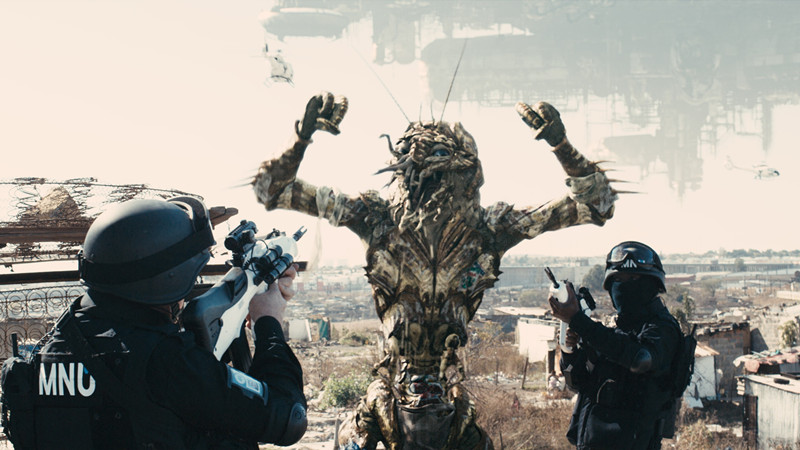
When South African-Canadian director Neill Blomkamp blasted his way into the industry in 2009, he merged Kafka’s surrealistic novella with the wonderful world of science fiction. District 9 was a new episode in the lifespan of the found footage genre, building on the formula in fresh and inventive ways. For one, it owed more debts to fantasy and action than it did to horror, which was a genuine rarity for the form. It was also rooted deeply in South African culture, its unique premise of an alien spacecraft floating in stasis above Johannesburg serving as one of its most memorable aspects.
With a tragic yet hysterical performance from Sharlto Copley as Wikus, a bumbling bureaucrat from The Department of Alien Affairs, we see that human nature is far more barbaric than that of any alien. Due to their mothership’s malfunctioned state, the prawn-like aliens find themselves trapped in impoverished refugee camps that stretch across the ghettos of South Africa; a hellish limbo that lingers in the shadow of their craft. As Wikus conducts his investigative detail amid it all, he meets with something of an incident, and from there on out we watch through splayed fingers as he turns slowly from man to monster.
5. Raw (2016)
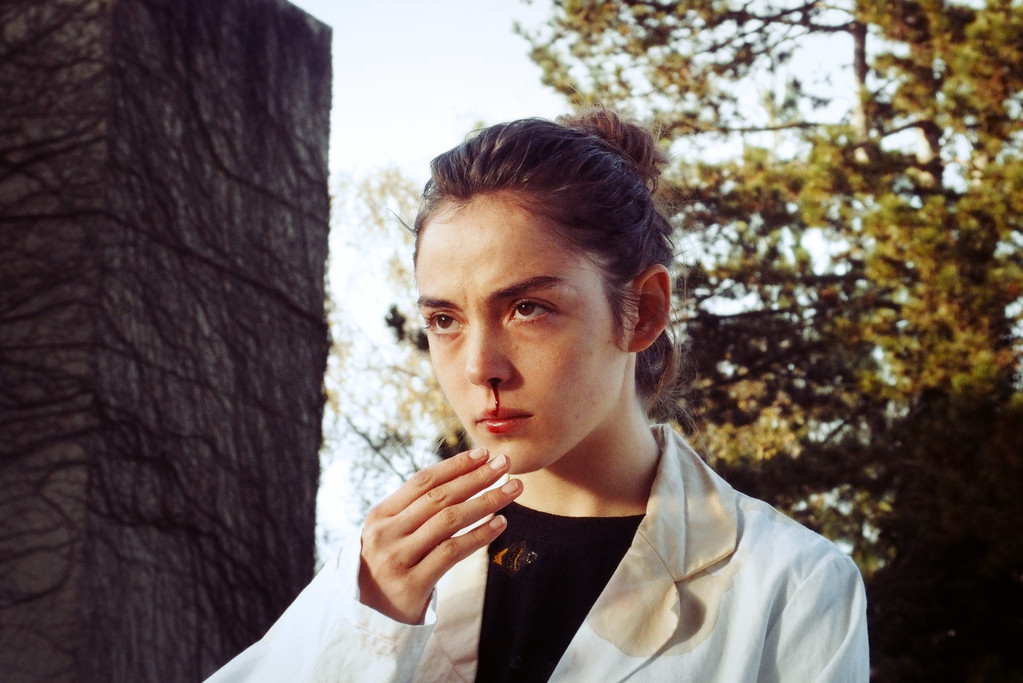
Unlike the other films on this list, Raw is a little different due to there being no physical transformation that occurs. In that regard, this isn’t a metamorphosis movie in Kafka’s sense, but Garance Marillier’s ability to bring her character’s downfall into full focus is nearly enough to tick that box. Following the life of sixteen-year-old veterinary student Justine and her sudden cravings to eat raw meat (regardless of origin), Raw throws full swing and doesn’t pull any punches, Justine’s perilous descent into a carnivorous lifestyle providing half the bite.
Another thing to note with Raw is the fact it’s a debut, a pill that is seriously hard to swallow when considering its well-versed understanding of cinematic technique. By the end of this fright-fest, Justine is an animal compared to the quiet and timid vegetarian she once was, allowing for the transformation to come full circle. Julia Ducournau’s 2016 horror outlives its contemporaries due to how far it is willing to go, adding yet another avant-garde masterpiece to French cinema’s ever-expanding back-catalog of auteur achievements.